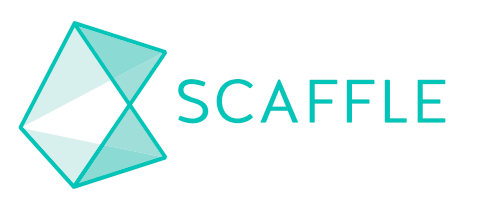$1k to $5k
estimated cost of external help
estimated cost of external help
- Prioritise options
- Confirm options
- Deliberate
- Collaborate
9 weeks or more
estimated run time
estimated run time
3-5 weeks
estimated lead time
estimated lead time
6-15
participants
participants
Strong communicator
recommended experience
recommended experience
A means of gaining the consensus of experts on a specific issue, often with a future or options orientation. It is coordinated by a facilitator who develops a document through iterations of questionnaires and feedback from subject-matter experts. Experts may be kept anonymous in the process to avoid weighting the feedback of more-influential individuals. The aim is to arrive at a document that explores future scenarios or options and has received the approval of all the experts.
Related video content
In 5 steps...
- Determine the issue you want feedback on, being as specific as possible; for example, ‘The future impact of a new rail development on the Smalltown commercial district’. Select an appropriate panel of subject-matter experts and a neutral facilitator.
- Have all the experts anonymously complete a questionnaire that broadly explores the topics. The facilitator should compile a document that draws together the inputs, highlighting where thinking converges or diverges.
- Based on the aforementioned answers and document, the facilitator should draft and distribute a questionnaire that investigates the next level of detail on the topic, with specific references to possible scenarios or solutions where relevant.
- Based on all of the answers, the compiled document is updated and distributed to participants for comment. Enabling participants to directly edit sections is worth considering – ideally, also encourage them to leave a note explaining their rationale for the change, to encourage discussion to resolve differences. A policy wiki-style document can be ideal for this.
- Over time, each point of disagreement is worked through, with the facilitator being responsible for finding a way to update the document to the satisfaction of all parties. When all participants agree to support the final document, this process has reached a conclusion.
When to use it
The Delphi process is great to use when there is a difficult or delicate issue that is not time-sensitive and would benefit from the key parties being aligned regarding possible solutions before these are publicised.
Benefits
Immediate
- Lends the voices of key stakeholders to the decision-making process.
- Lends some transparency to the decision-making process.
- Access to unexpected and informed ideas and knowledge.
- Risk identification.
- Ability to explore the rationale behind initial reactions.
- Improved reception of the final output.
- Better-aligned solutions and language.
- Better relationships between the project team and key stakeholders.
Risks
- This process can be very long and time-consuming for a facilitator, who will need to follow up with participants for their feedback during each iteration, and to resolve specific issues that arise.
- The level of expertise participants have regarding the subject matter will directly impact the quality of the discussion and output.
Tips
Beforehand
- Understand what technologies or mediums the experts prefer to work in – whether this means online using particular applications, online using email and word-processing applications, or via paper – and plan your time and model accordingly.
- Give yourself enough time. Experts are often very busy and will only respond to things at the last minute – if at all. Have a strategy in place or incentives that encourage quicker responses, and don’t underestimate how long each iteration may take. It’s not uncommon for these processes to last 6–12 months or more.
During the process
- Be patient but firm with participants about timeframes and responses.
Afterwards
- Be sure to acknowledge the time given to the process and the overall involvement of the expert participants, and the influence the process had on the outcomes.
